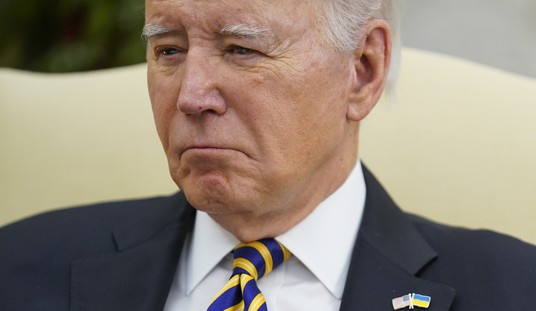Jeff Greenfield has a thoughtful piece in Politico dealing with President Obama’s political legacy, and how the party he leads has gone precipitously downhill since he took office.
When you move from policy to politics, the task is a lot simpler—just measure the clout of the president’s party when he took office and when he left it. By that measure, Obama’s six years have been terrible.
Under Obama, the party started strong. “When Obama was elected in 2008, Democrats were at a high water mark,” says David Axelrod, who served as one of Obama’s top strategists. “Driven by antipathy to George W. Bush and then the Obama wave, Democrats had enjoyed two banner elections in ’06 and ’08. We won dozens of improbable congressional elections in states and districts that normally would tack Republican, and that effect trickled down to other offices. You add to that the fact that we would take office in the midst of the worst recession since the Great Depression, and it was apparent, from Day One, that we had nowhere to go but down.”
The first signs of the slowly unfolding debacle that has meant the decimation of the Democratic Party nationally began early—with the special election of Scott Brown to Ted Kennedy’s empty Senate seat in Massachusetts. That early loss, even though the seat was won back eventually by Elizabeth Warren, presaged the 2010 midterms, which saw the loss of 63 House and six Senate seats. It was disaster that came as no surprise to the White House, but also proved a signal of what was to come.
The party’s record over the past six years has made clear that when Barack Obama leaves office in January 2017 the Democratic Party will have ceded vast sections of the country to Republicans, and will be left with a weak bench of high-level elected officials. It is, in fact, so bleak a record that even if the Democrats hold the White House and retake the Senate in 2016, the party’s wounds will remain deep and enduring, threatening the enactment of anything like a “progressive” agenda across much of the nation and eliminating nearly a decade’s worth of rising stars who might help strengthen the party in elections ahead.
While the Senate is definitely in play in 2016, the GOP has a virtual lock on the House at least until 2020 and perhaps beyond. The last round of redistricting was mostly favorable to Republicans and has given them an enormous advantage in state legislatures across the country. Republicans now control 70% of upper and lower chambers nationwide and 31 governorships. Fully 24 states have a GOP governor, and Republican upper and lower houses.
One of the consequences of so few Democrats in state government is that the pool of promising candidates for federal office is vastly reduced. Hence, the Democratic Party has now become a party of candidates all eligible for Social Security:
Eight years later, when he leaves office in 2017 at 55, he’ll actually be one of the party’s only leaders not eligible for Social Security. Even as the party has recently captured more young voters at the ballot box in presidential elections, its leaders are increasingly of an entirely different generation; most of the party’s leaders will fade from the national scene in the years ahead. Its two leading presidential candidates, Hillary Clinton and Bernie Sanders are 67 and 73. The sitting vice president, Joe Biden, is 72. The Democratic House leader, Nancy Pelosi, is 75; House Whip Steny Hoyer is 76 and caucus Chair James Clyburn is 75, as is Harry Reid, the Senate Democratic leader, who will retire next year. It’s a party that will be turning to a new generation of leaders in the coming years—and yet, there are precious few looking around the nation’s state houses, U.S. House or Senate seats.
In truth, President Obama did not pay particular attention to building the Democratic Party during his time in office. His own re-election took precedence in his first term, and legacy building has occupied his attention in his second. Then there is the fact that his approval in many congressional districts that aren’t deep, deep blue meant that he would have done more harm than good in appearing beside a candidate.
The Republicans are in much better shape generationally,but the civil war wracking the party now threatens to rend the GOP asunder. And it appears that no matter who is the nominee for president, a whole lot of people are going to be bitterly disappointed.
When Obama leaves office, it is possible that Republicans will be in no better shape than Democrats.









Join the conversation as a VIP Member